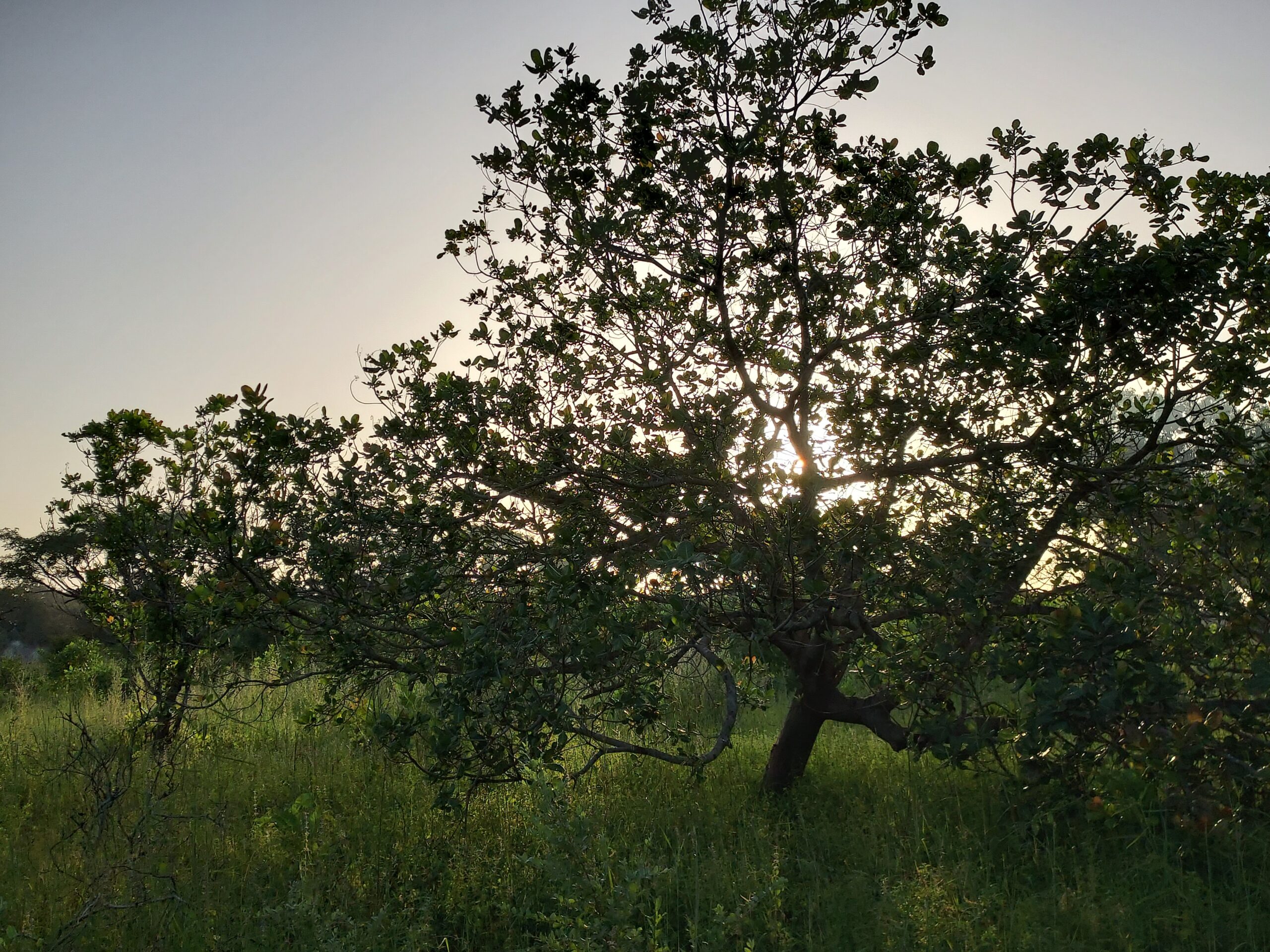
A Slower-paced Life
A few years back I had the privilege of living with a family working in Africa. I spent six months teaching their children so they could focus more on learning the language. We lived in a small village where dirt roads connected clusters of houses. Where the electricity often went out. Where the cutest baby goats ran free through the village. I loved it. I appreciated things about the village and its culture that differed from America. They live a slower-paced and more community-focused life. Most of them don’t have cars so they’re not zipping around like us Americans. They walk everywhere they go and stop to visit neighbors along the way. Even though neighbors live in homes with dirt floors and barely have enough food for themselves they’re so hospitable. If they’re eating, they offer some of their food or if it’s mid-afternoon they may offer tea. The whole community celebrates weddings and births joyfully. The extrovert in me was thriving there and the simplicity of life was something I found I had been craving. But as I spent more time there, I got to know another layer of their daily life. I saw the darkness they lived in because of their spirit worship. I saw the fear that held them captive and their need for the gospel.
Fear and Darkness
Fear and darkness are normal parts of their existence. The religion in the village was a mix of Islam and animism. Many people groups mix animism with other religions such as Hinduism or Catholicism. Missions magazine says, “Practically all indigenous cultures found within the 54 countries on the continent of Africa are based on animism or animistic belief of some kind.” This is why the need for workers in Africa is so high.
The Lexham Bible Dictionary defines animism as, “The belief that inanimate objects, plants, and animals all possess souls.” Practically, this affected daily life in many ways. There was a tree in the village that they couldn’t eat fruit from or touch because an evil spirit inhabited it. One of my friends is terrified of chameleons because of the spirits in them and what they could do. As I walked through the village, I saw little houses built for spirits. They would try to manipulate the spirits to get things they wanted or protection. If someone got a common sickness such as a cold, it was said to be because they had made the spirits angry. If a woman struggled with infertility people prayed to the spirits. In one case there was a woman who was able to get pregnant that was accredited to some spiritual guy in a red hairy costume who would walk around the village swinging a machete and shrieking. It felt as though the people in the village walked around on tiptoes afraid that they may break some unspoken rule. They feared they could have hardship come upon them as a result. The idea of making the spirits angry scared them. This feeds into why there’s a need for workers there.
The Gospel Brings Light
The gospel brings light into dark places. It replaces fear with trust. Unlike the spirits my village friends feared, our God is loving. He’s not waiting for us to trip up so He can bring hardship on us. He knew we’d trip up. He knew we’d sin. That’s why before we were even born, He created a rescue plan. He knew we couldn’t save ourselves. He sent Jesus Christ, His son, to take our punishment once and for all. We don’t have to live afraid that we’re going to step across some line and not be allowed into heaven or have to earn our way back in. That’s the beauty of the gospel. It’s not about us and our performance. It’s about Christ and what He already accomplished. This is the truth that I so badly want my village friends to know. This is why there’s a need for workers in Africa and everywhere else where people are held captive by fear. The Baker Encyclopedia of the Bible says, “Jesus Christ, by his atoning death, resurrection, and heavenly intercession for believers, is the unique liberator from fear.” Even in the Old Testament, we see this. Psalm 112:7 says,
“He will not be afraid of evil tidings;
His heart is steadfast, trusting in the Lord.”
Just like the village people we were once in darkness (see Ephesians 5:8). The Bible Knowledge Commentary says of the Ephesians, “They have been rescued out of darkness (Col. 1:13). Now, being ‘in the Lord,’ who is the Light (John 8:12), they too are lights.” It also says, “The light in believers’ lives is the knowledge of God’s salvation, a glory issuing from and seen in the face of Christ and reflected by Paul (cf. 3:18).”
Interested in being part of this work that needs to be done?
Being someone who knows the gospel and has experienced it you have the greatest light in you. How will you spread light in the darkness? In some places, like this village in Africa, the darkness and fear are clearer. This village I talked about is one of many waiting to hear the gospel. There’s work to be done in your own neighborhood as well. Unbelievers in America can look like they have good and successful lives, but without Christ, they’re still in darkness. As children of light, we’re called to be light in a dark world. What role do you play in that? Is it joining in a work overseas, witnessing to your coworkers, raising your children to love the Lord, or something else?
Whatever your role may be, or even if you don’t know where you fit in yet, Ethnos360 Bible Institute can give you the Biblical foundation you need. The two years of in-depth Bible training can better equip you to share God’s word wherever you are. If you do choose to go overseas, our program is the first phase of Ethnos360’s training. Click below to request a free information packet.

